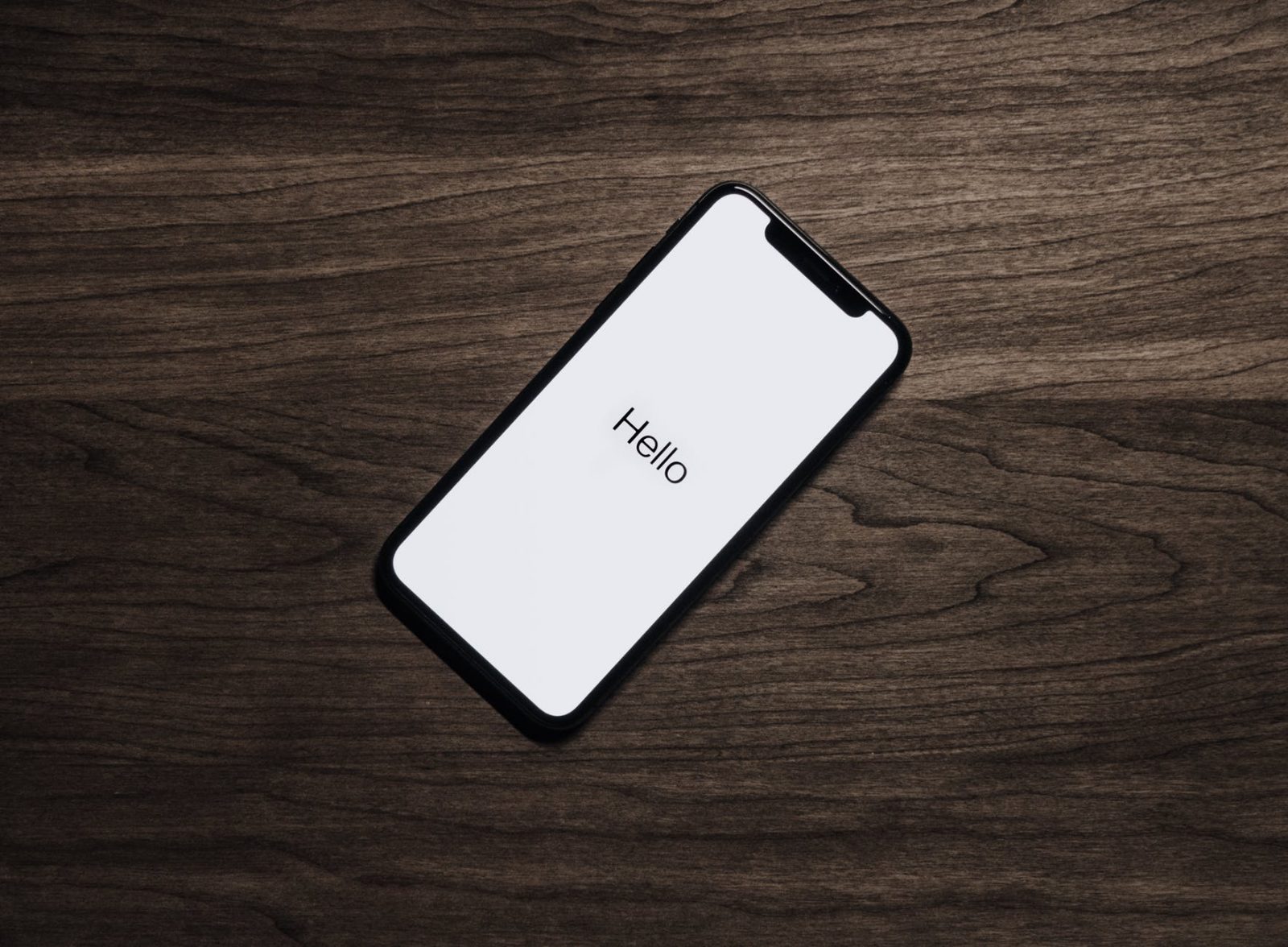Hyperconnectivity is a concept combining all forms of communication, including person-to-person, person-to-machine, machine-to-machine in different ways such as having a conversation online, talking, visually interaction through photos or sexting.
Sadly, face-to-face contact isn’t the most common option anymore with so many opportunities to connect with others at any moment of the day and reach people anywhere on the planet.
Millennials know that pretty well. They are intelligent and as the dominant force in the workforce, they’ve transformed the modern workplace.
One of the main disadvantages that come with this generation is being too attached to your mobile device and having mastered social media, which also makes it hard to unplug and enjoy life in the present moment.
Most people focus on the effectiveness of communication and that means using things such as instant messaging and video conferencing, and leaving face-to-face contact behind.
That has its downsides such as not being fulfilled with your social life, feeling isolated at times, and not emptying your mind to relax.
Disconnecting is important in order to create space, be mindful, improve your relationships, and find focus to do better work.
Let’s see how you can achieve all that.
How to Disconnect and Learn to Enjoy Life More
1. Be a mindful Internet user.
You don’t need to be yet another person addicted to their smartphone in a hyperconnected world. You can take back control of your mind and choose what to do with your attention at any moment of the day, instead of allowing social media to take it away.
Once you have that discipline, you’ll do more with your days. You’ll feel freer and will become more productive. Will interact with people better and that will give you way more satisfaction than online communication ever could.
2. Unplug in the morning and evening.
Unplugging in the beginning and end of your day is crucial to enjoy the time for yourself
That can be making a healthy breakfast, meditating, having a workout, planning your day or decluttering after you wake up.
In the evenings, you can read a book in bed, journal, take a soothing bath or write your to-do list for tomorrow.
3. Use less social media.
90% of what you’re doing when you’re on the phone is actually pointless.
Let’s be honest. You don’t actually need all of the social media and apps. One or two are enough to keep in touch with the important people in your life.
4. Ditch distractions.
If you don’t do anything about your social media notifications, your phone will keep your attention throughout the whole day with notifications for anything going on online. And because you might be suffering from FOMO (fear of missing out), you will most probably check it all the time.
5. Have offline hobbies
A fantastic cure for hyperconnectivity that can bring some peace and mindfulness to your day is to have hobbies that don’t involve using your phone.
Have a daily walk or jog. Declutter every room in your home. Begin gardening. Volunteer. Have a family picnic. Read offline instead of online.
Don’t be afraid to leave your phone as often as you can and invite people over for coffee. They too might have a hard time doing this more often in the beginning, but you can help them get over their smartphone addiction too.
When you leave behind the negative effects of technology for a while, you create space in your mind and life and can fill it with pleasant activities, big goals and real people.
























